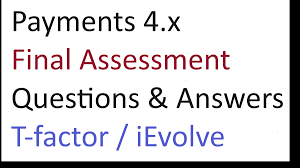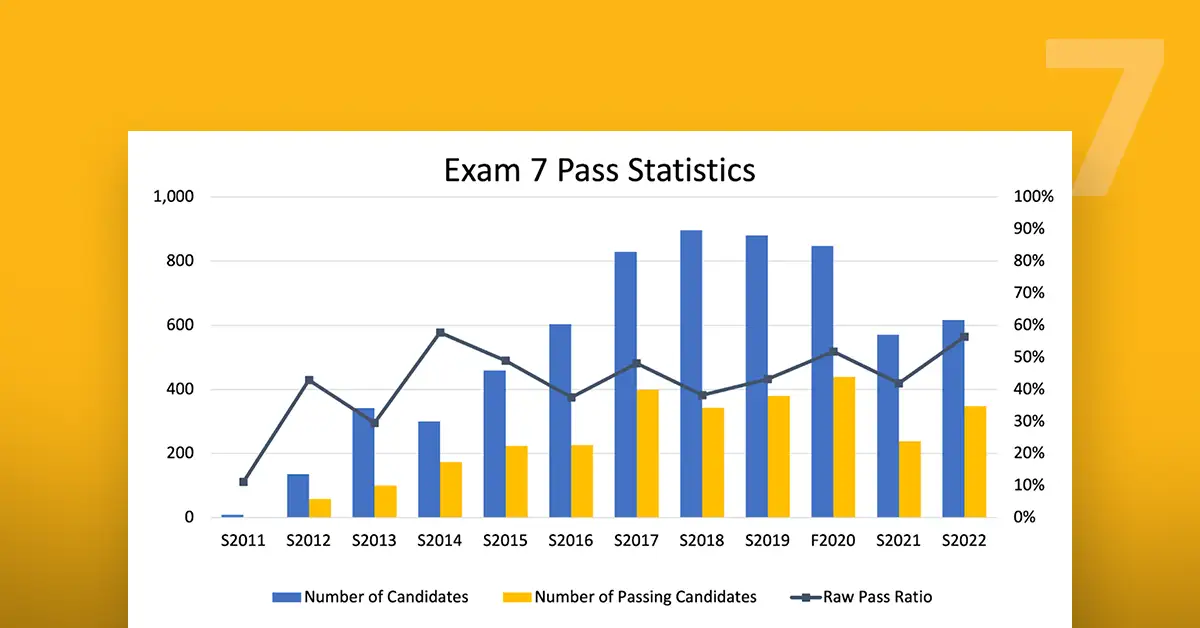An analysis of the text to submit an idea and determine the intention and organizing different texts. This means analysing smaller parts of a text, and examining them to help understand the full picture.
Main Components of Textual Analysis
Narration — The structure of narration: the plot, characters and setting.
Character Study —what motivates the characters, how do they relate to each other, what growth/change do we see?
Symbolism: the use of symbols to signify ideas and qualities by giving them symbolic meanings that are different from their literal sense
Theme: The main subject or concept of the writing
Describe the writing style and tone (diction, syntax, and tone) of the author.
Viewpoint: Who tells the story.
Types of Textual Analysis
Formalism: This approach analyzes the text as an object, paying close attention to its style and formal elements (such as structure or metaphor).
New Historicism: Eminent interest in the text’s historical and cultural background.
Psychoanalytic Criticism–examines the psychological impulses behind characters and writers
Feminist Criticism – Analyzes the representation of gender role and situation in a text
Marxist Criticism: Examine the economic and social forces that lie beneath a text.
Postcolonial Criticism–Investigates the effects of colonialism in literature and culture.
Uses of Textual AnalysisTextual analysis has several applications in the following fields:
Literary Criticism: Interpreting novels, poems and plays
Media Studies: Breaking News, Ads and TV Shows King
Crossword History: (from will be the time), simply analysing historic record with replica examiner deals and speeches.
Reading Psychology: A study of written words as a reflection of human experience.
Marketing: Reviewing brand communications and consumer feedback.
Textual analysis is one method to approach and understand the texts we engage with, allowing us to better appreciate both the text itself and its significance.



